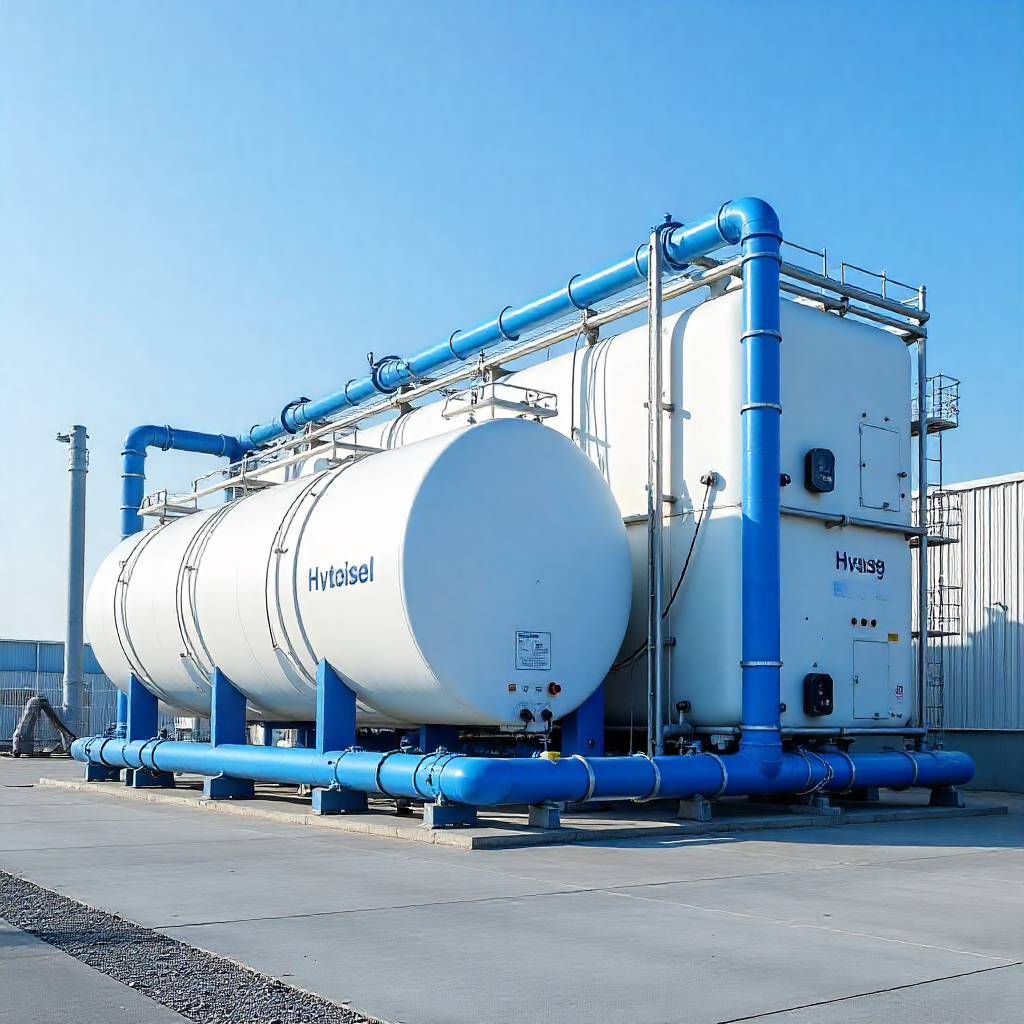Vikram Solar, a prominent player in the renewable energy sector, has announced plans to build a cutting-edge 1 GWh solid-state cell and battery manufacturing facility. Designed with scalability in mind, the facility will have the potential to expand its capacity to 5 GWh, aligning with the increasing global demand for sustainable energy solutions. This initiative underscores the company’s commitment to advancing energy storage technologies.
1. Advancing Self-Reliance and Clean Energy Goals
Gyanesh Chaudhary, Chairman and Managing Director of Vikram Solar, emphasized the strategic importance of the project in promoting India's self-reliance in renewable energy. "Our batteries, built with predominantly domestic components, align with India’s climate objectives and the vision of Atmanirbharta (self-reliance)," he stated. Vikram Solar is collaborating with Entity2 Energy Storage, a leader in non-lithium solid-state battery technology with numerous patents. Together, they aim to develop scalable solutions to meet rising energy demands.
2. Benefits of Solid-State Battery Technology
Solid-state batteries offer a range of advantages, including enhanced energy storage capacity and minimal risks of fire or overheating. These batteries perform reliably across diverse temperature ranges and operating conditions, eliminating the formation of dendrites. With a lifespan of approximately 10,000 cycles and stability at up to 5C charge rates, they promise efficiency and superior performance. Additionally, most of the raw materials are sourced domestically, fostering supply chain resilience and boosting local industries.
3. Environmentally Friendly and Recyclable
Vikram Solar’s batteries are designed with sustainability in mind. Made from non-hazardous materials, these products are fully recyclable, reducing environmental impact and promoting eco-friendly practices in energy storage.
4.The Growing Need for Battery Storage in India
India currently derives only 15-20% of its energy from renewable sources. However, the country aims to increase this share to 50% by 2030, according to a report by CRISIL. To accommodate this ambitious target, significant investments in battery storage will be required. Vikram Solar’s PowerHive battery storage solutions are positioned to address this critical need. The CRISIL report projects an additional 23-24 GW of battery energy storage capacity will be needed between 2025 and 2030.
5. Integrating Energy Generation and Storage
Through its battery storage solutions, Vikram Solar aims to deliver an integrated energy system that combines renewable energy generation with storage capabilities. The company’s established network of partners and its advanced R&D capabilities provide a strong foundation for innovation in battery chemistry, enabling it to create transformative energy solutions.
6. A Legacy of Excellence
Headquartered in Kolkata, West Bengal, Vikram Solar boasts a cumulative production capacity of 4.5 GW. Recognized as a ‘Top Performer’ in PVEL’s PV Module Reliability Scorecard, the company is also featured in Bloomberg NEF's Tier 1 list of solar PV module manufacturers. This new venture into battery manufacturing further solidifies its position as a leader in the renewable energy industry.
By integrating advanced energy storage technologies into its portfolio, Vikram Solar is paving the way for a sustainable energy future while contributing to India’s renewable energy aspirations.




